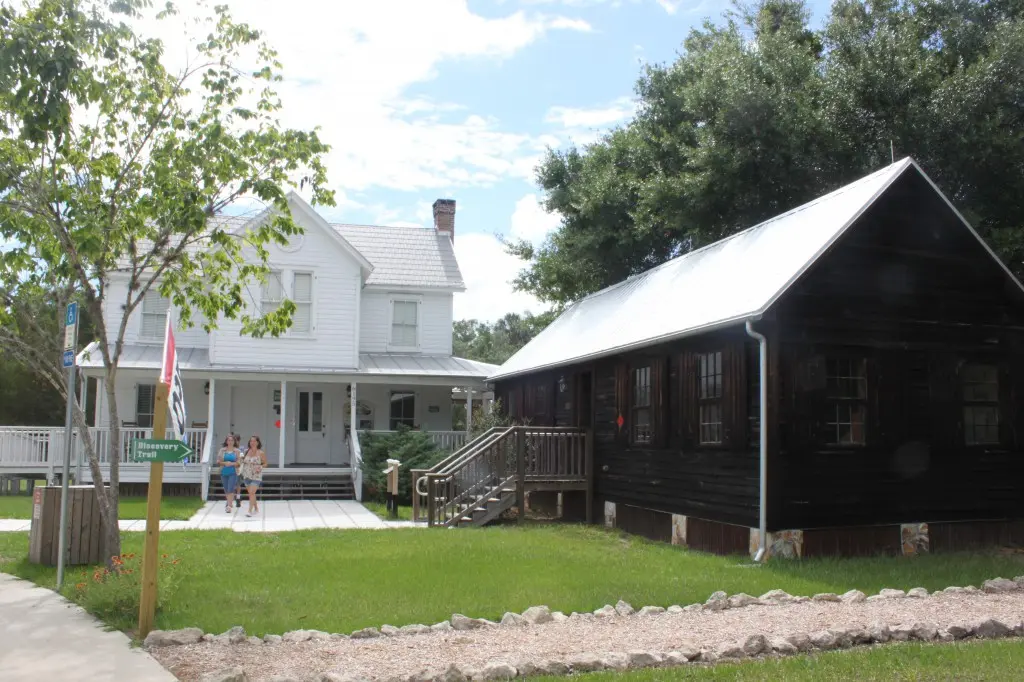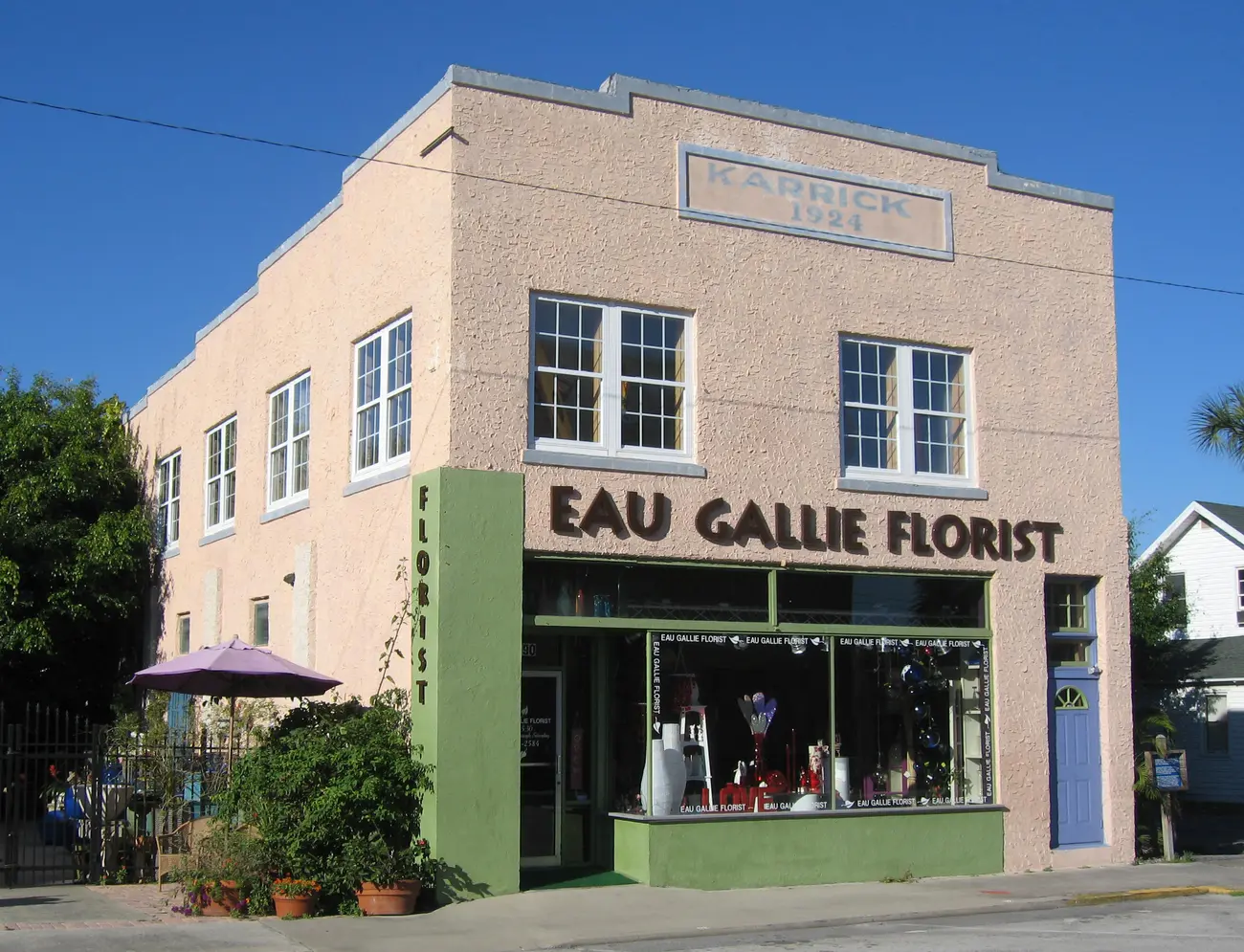Brevard County history enthusiasts and fried fish lovers have a lot to look forward to this Saturday.
The Fifth Annual Eau Gallie Founders Day and Fish Fry will be held February 7, from noon to 4:30 pm on Highland Avenue, featuring a History Tent, a variety of vendors, and live music. Evening activities begin at 6:00 with music provided by a series of DJs. The event is co-hosted by the Eau Gallie Arts District and Eau Gallie Rotary Club.
The Fourth Annual Merritt Island Pioneer Day will be held on February 7, from 10:00 am to 4:00 pm, at Sams House at Pine Island and St. Luke’s Episcopal Church, both located on North Tropical Trail. The event features Living History Demonstrations, arts and craft vendors, live folk music, and a Fish Fry Dinner with seatings at 4:30 and 5:30.
Following the Third Seminole Indian War in 1859, the U.S. Army sent John Houston to what would become Eau Gallie, to determine if any Seminoles remained there.
“Houston fell in love with the area, received a soldier’s land grant, and settled his family here,” says Gene Davis, chair of the Eau Gallie Founders Day History Tent.
What is now the back portion of the Rossetter House Museum in Eau Gallie is believed to originally have been quarters for the Houston family slaves. The Houston family cemetery is located just south of the Rossetter House on Highland Avenue.
William Henry Gleason gave the town its name in 1860. The name Eau Gallie is believed to mean “rocky water.”
“The area grew and Eau Gallie was incorporated in 1863, and was an independent city until 1969, when it merged with Melbourne,” says Davis.
Caroline P. Rossetter moved to Eau Gallie in 1902 with her family. In 1921, at the age of 23, Rossetter took over her father’s Standard Oil Agency, becoming a successful businesswoman just months after women received the right to vote in the United States.
The most famous resident of Eau Gallie was African American writer, folklorist, and anthropologist Zora Neale Hurston. She wrote Mules and Men, her most important collection of folklore there in 1929, and came back to live in the same cottage for much of the 1950s.
Another early settler of Eau Gallie was John H. Sams, who established a homestead with his family in 1875.
The 36 year-old Sams built a cabin for his wife and five children. For three years, he tried to establish a successful orange grove, but failed. He had no better luck with other crops he attempted to grow. In 1878, Sams decided to move his family to Merritt Island.
Sams didn’t just pack up his family’s belongings to make the move north. He packed up the entire house itself.
In November 1878, Sams dismantled his three-room cabin piece by piece, placed the sections of his home on a raft, and floated it up the Indian River to Merritt Island.
John H. Sams was a much more successful farmer on his new Merritt Island property, growing citrus, sugar cane, and pineapple crops.
Today, the 1875 Sams Family Cabin serves as an education center in the 950-acre Pine Island Conservation Area, owned jointly by the Environmentally Endangered Lands (EEL) program and the St. Johns River Water Management District.
“When you’re talking about the history of the property out at Sams House you’re talking about a big chunk of time,” says Kevin Gidusko, co-chair of Merritt Island Pioneer Day. “As far as human occupation goes, perhaps a few thousand years. You also have evidence of Ice Age megafauna.”
Prehistoric artifacts are displayed in the Sams Family Cabin.
The Sams family helped to establish St. Luke’s Episcopal Church, a congregation that remains active today.
In 1880, John H. Sams was named the first Superintendent of Schools in Brevard County.
By 1888, Sams built a new, two-story home directly adjacent to the original family cabin.
“When you visit the property today you will see a bit of what life would have been like for the Sams family when they lived on the site,” says Gidusko.
Both Eau Gallie and Merritt Island are providing opportunities to celebrate local history, and eat a meal of fried fish, this Saturday.
Dr. Ben Brotemarkle is executive director of the Florida Historical Society and host of the radio program “Florida Frontiers,” broadcast locally on 90.7 WMFE Thursday evenings at 6:30 and Sunday afternoons at 4:00, and on 89.5 WFIT Sunday mornings at 7:00. The show can be heard online at myfloridahistory.org.

